A great article by Nicholson Baker for The New Yorker and not just his observations on using the Kindle, either. Pay attention to what happened when he went up to Maine. He walked into a REAL bookstore with a knowledgeable owner, who offered advice on what he might enjoy reading and he walked out with a BOOK (two, actually).
THAT is something the Kindle–and Amazon–can not provide, the kind of personal attention from someone who enjoys, is savvy about and actually reads books. Amazon does try. You know, when you look at a particular book, the computer algorithm churns out another book you might enjoy reading based on your choice. There have been a very few occasions when that’s been helpful. Mostly, though, it’s not and there’s no way to have a nice give-and-take with a person over what he or she enjoyed about the book either. (We’ve all experienced Amazon’s other regrettable tendency–to assume that just because you looked up a book on, say, mountaineering, you will be forever interested in other books around that topic. You’re subjected to a blitzkreig of related books on everything from Mount Everest to carabiners to hiking in the Adirondacks to how to tie a proper knot. Of course, you can understand it; Amazon wants you to buy more, buy quickly, buy efficiently, buy because you believe you want something because they’ve helped create the desire that, somehow, you need this. Baker talks about this up-front.)
But this isn’t a tirade against consumerism. Heavens, I want people to buy books! Books are good for you! I think it was David McCullough who said, in the superb lecture, “The Course of Human Events” (available on Audible and worth a listen)–and I paraphrase– Read. Read books and read often. More properly, he said in an interview:
“I think the problem with education in our country is us. We’re not doing anywhere near enough as parents or grandparents to talk about history with our children, to talk about the books we’ve loved about historical subjects or figures. And taking our children or grandchildren to historic sights… we can’t leave that for the schools because they don’t do it much anymore. Reinstate the dinner table conversation. Reinstate dinner as part of family life. I grew up that way. It’s another era, I know, but there’s nothing wrong with the idea that you’d talk about history or current events and politics at the dinner table. Every night. Go with your children to Fort Necessity or Monticello or someplace like that. They never forget it. It changes their life.”
The real loss for us readers is the decline of the independent bookseller and I’m not talking just about having only a few purveyors of our work. I’m talking about the experience of being in a physical store with real books. I have a very smart writer-friend who believes that bookstores will still be around in the future and that they will adapt because until every single human being can afford a Kindle, books will remain a durable, important technology. But the display of and interaction with physical books, with a person who actually knows what’s inside or can guide you in a meaningful way to something you might actually want to read, is imperiled.
Because pay attention to what else Baker discovered: Amazon doesn’t have a bunch of books available for the Kindle. (I know . . . shocker, there.) Now, of course, their title list will grow; Sony has the same problem. But YOU would never know that books are missing if you had only grown up with a Kindle. Or a Sony. Or whatever. Shouldn’t you have a choice–and a full range of choices? Why should Amazon be allowed to steer you to what it deems is worthwhile reading? By definition, if a Kindle edition isn’t offered, it’s because Amazon has decided it ain’t cost-effective yet, or there hasn’t been enough demand. (Sure, sure, you can suggest making it available, but I want to see that actually work a couple hundred times before I believe it’s taken seriously. In a real bookstore? If a book isn’t there, the owner orders it. Or tries to track it down for you.)
I’m not a Luddite, not at all. I have graduated from composing novels and stories long-hand and then transcribing them with a typewriter to composing on the computer. I love gadgets. I covet my daughter’s iPod Touch. I wish I could find a reason to need an iPhone. But I love books, too, and ain’t no Kindle–or Sony or Plastic Logic or whatever–going to substitute for that.
Of course, Baker ends with a recommendation for the iPod Touch or iPhone with a Kindle app . . . but that’s another story for another day.
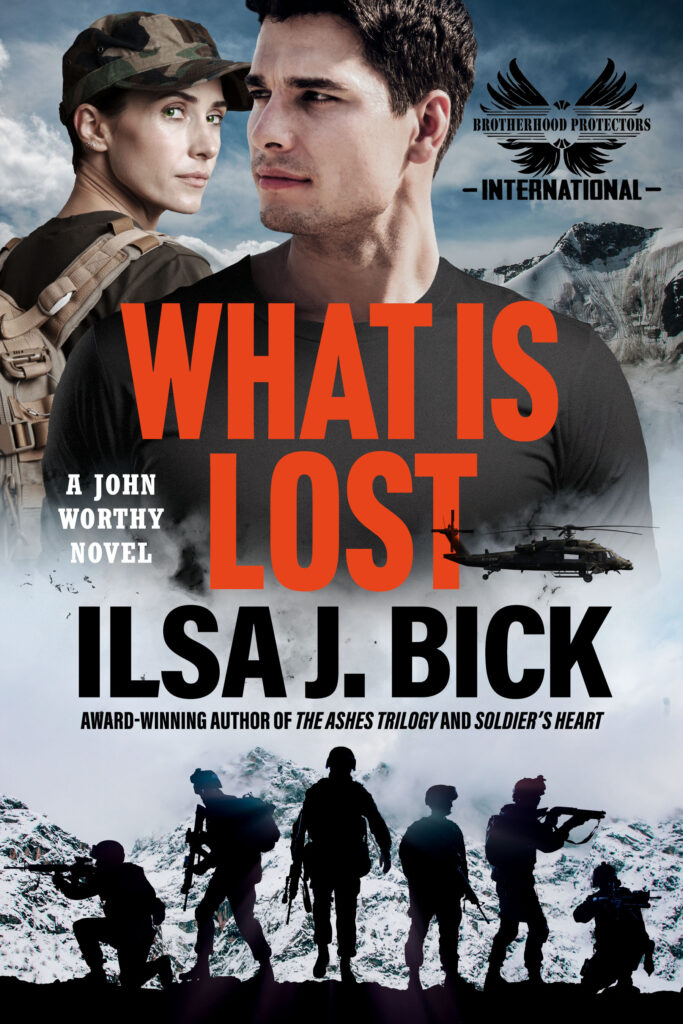



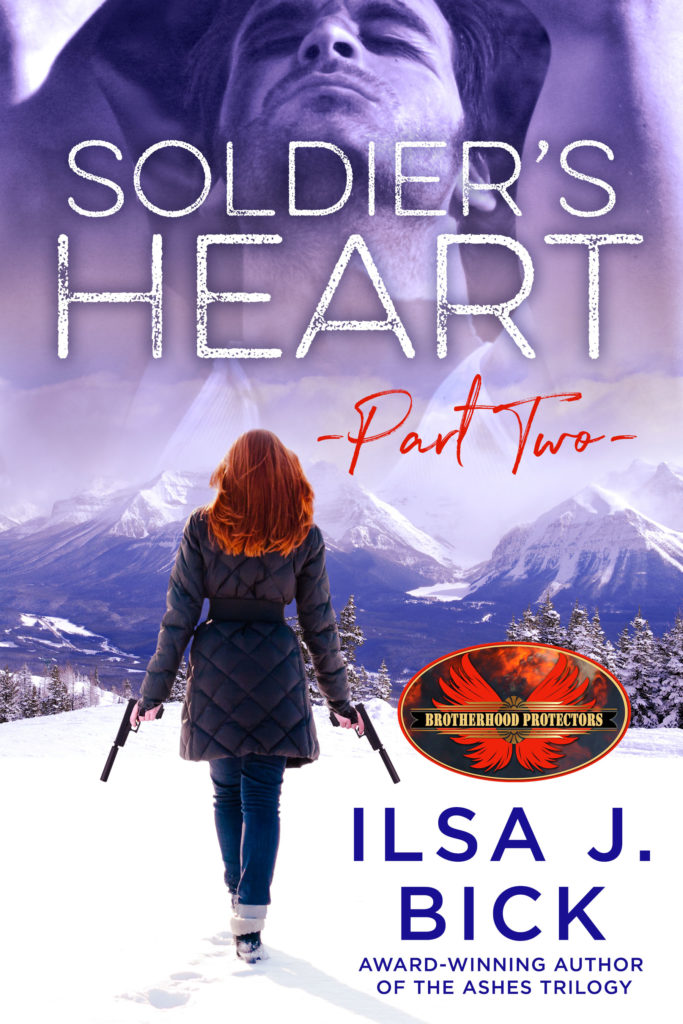


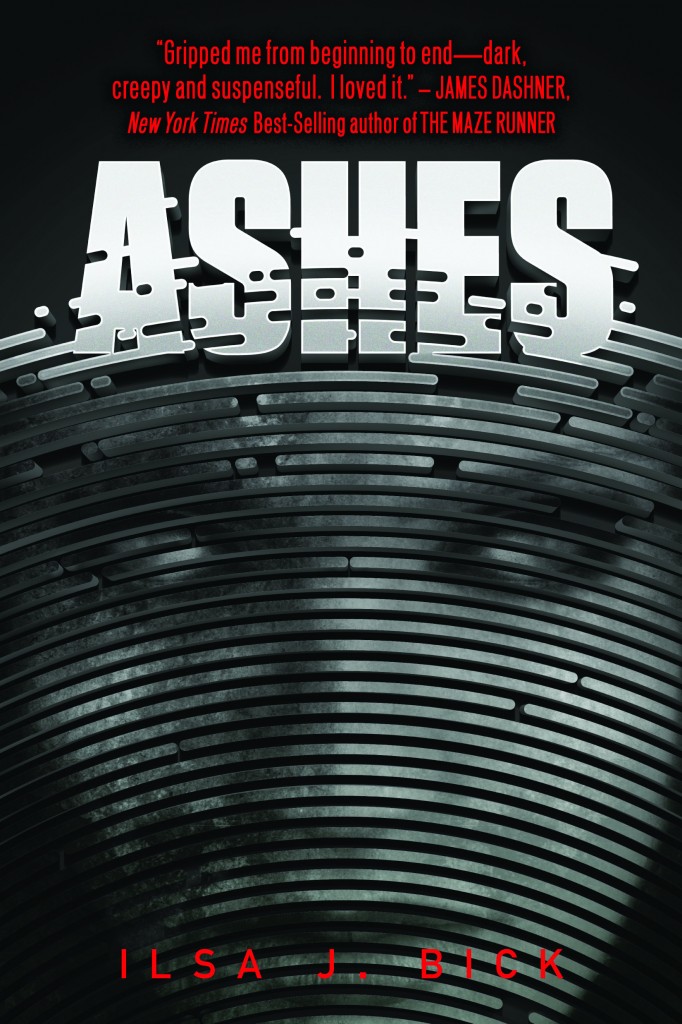
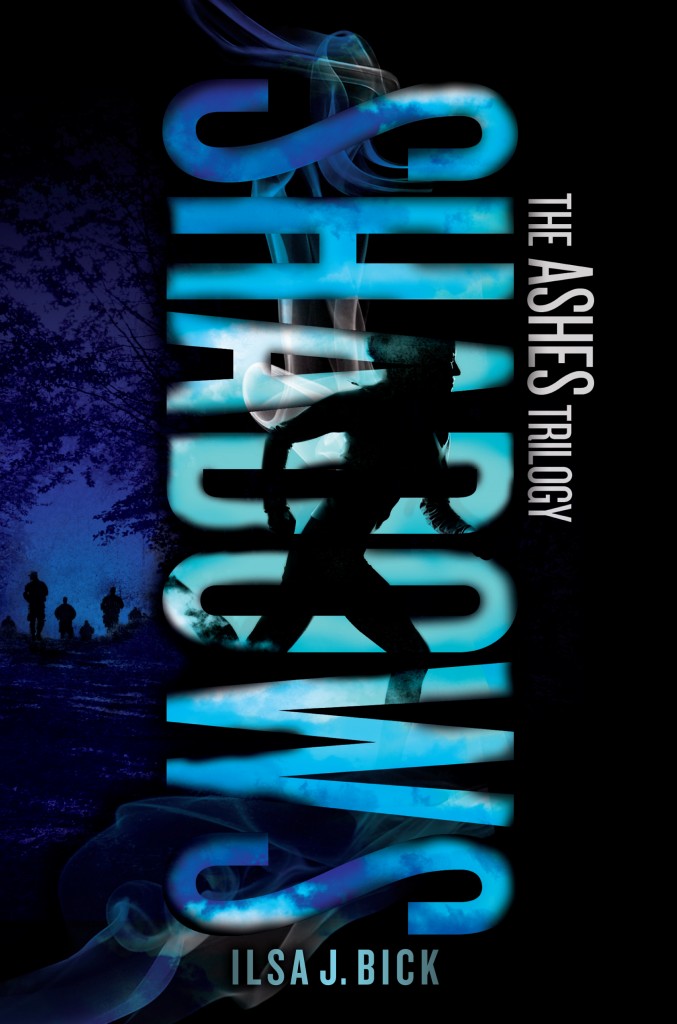
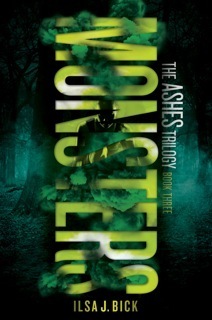
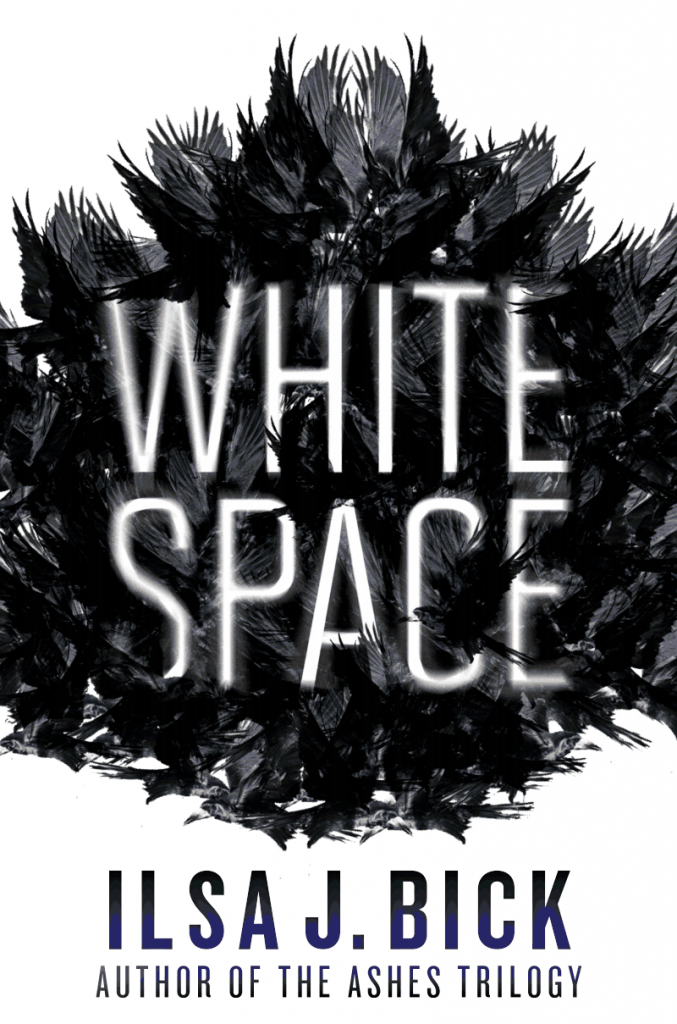
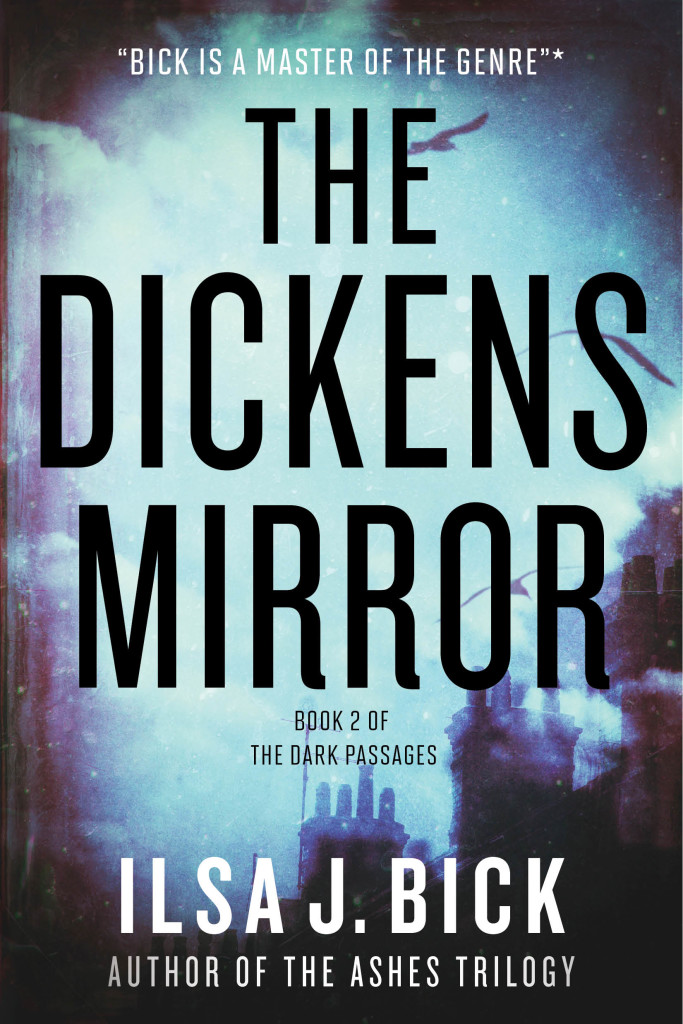
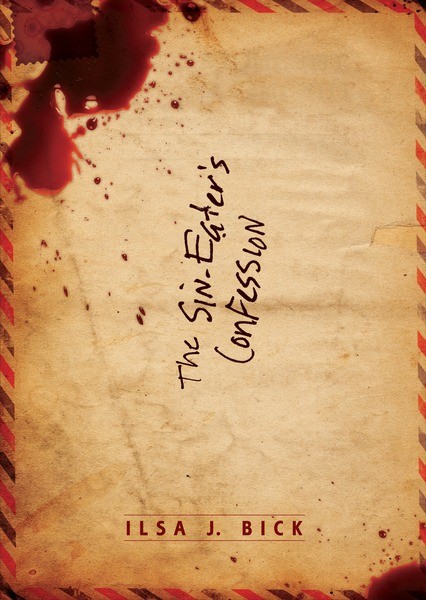
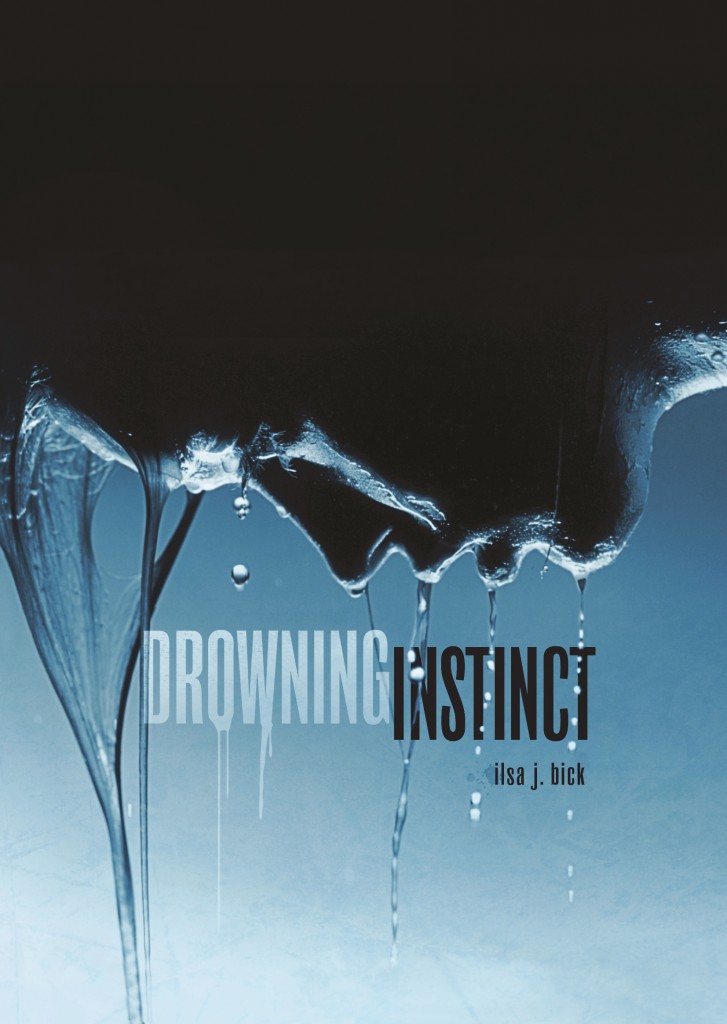
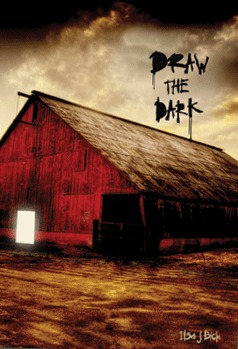



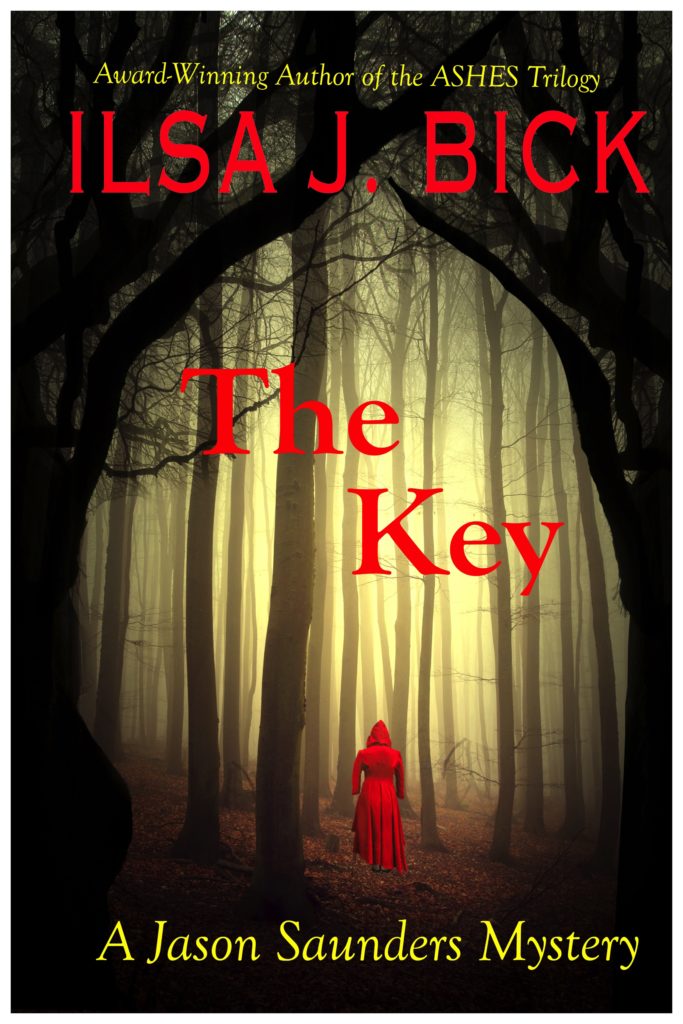
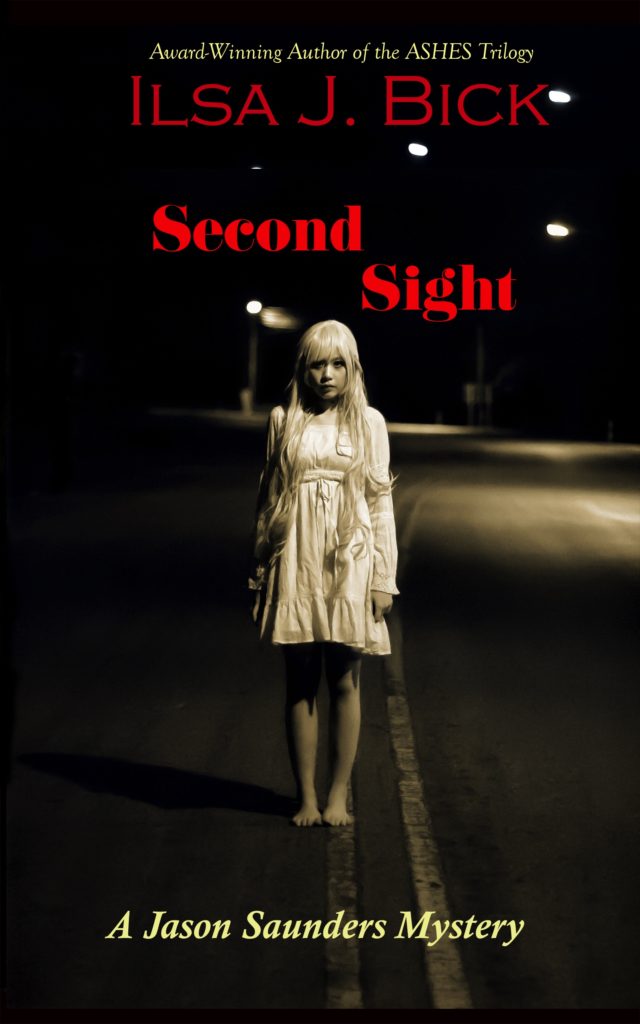
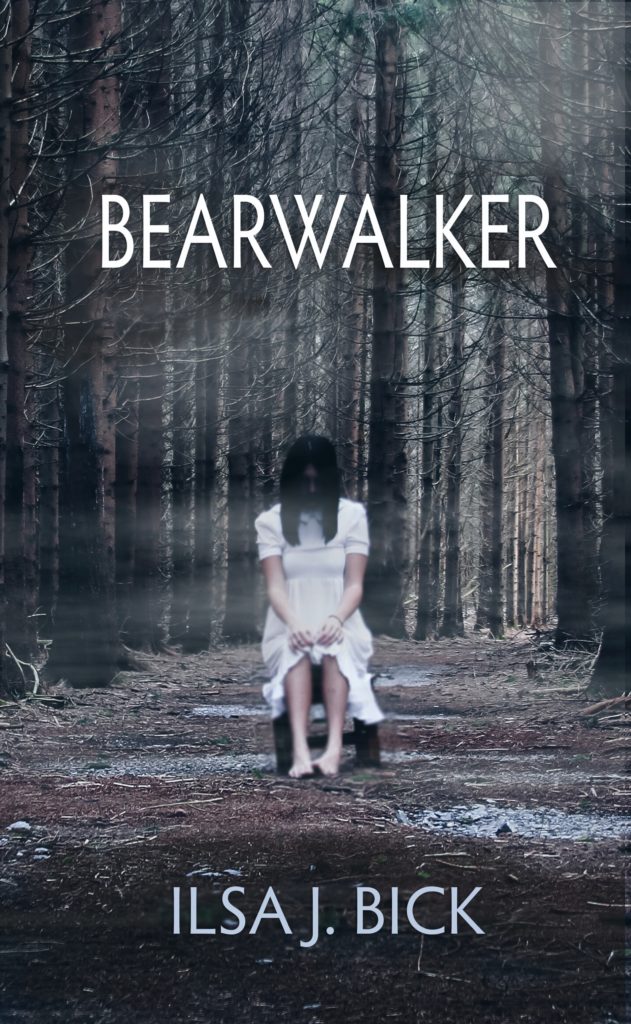
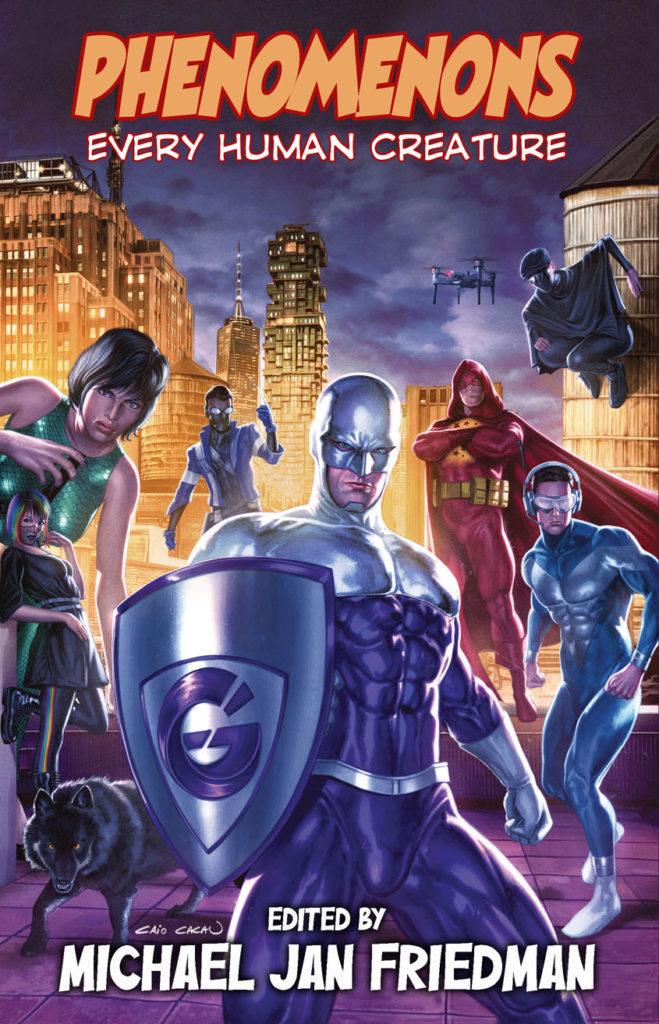
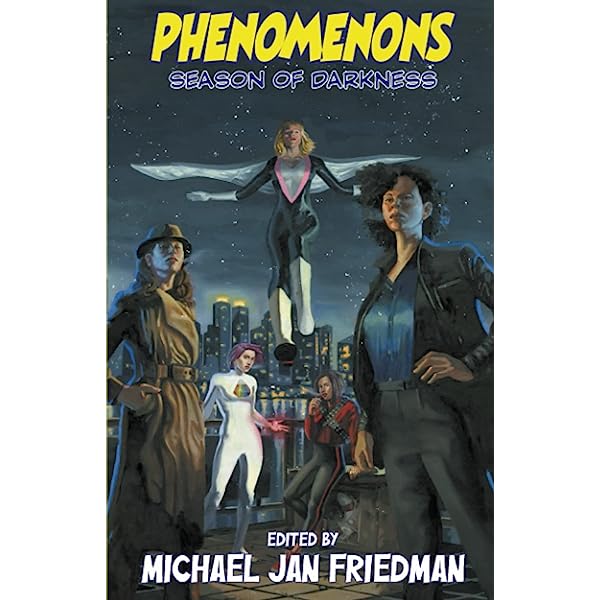




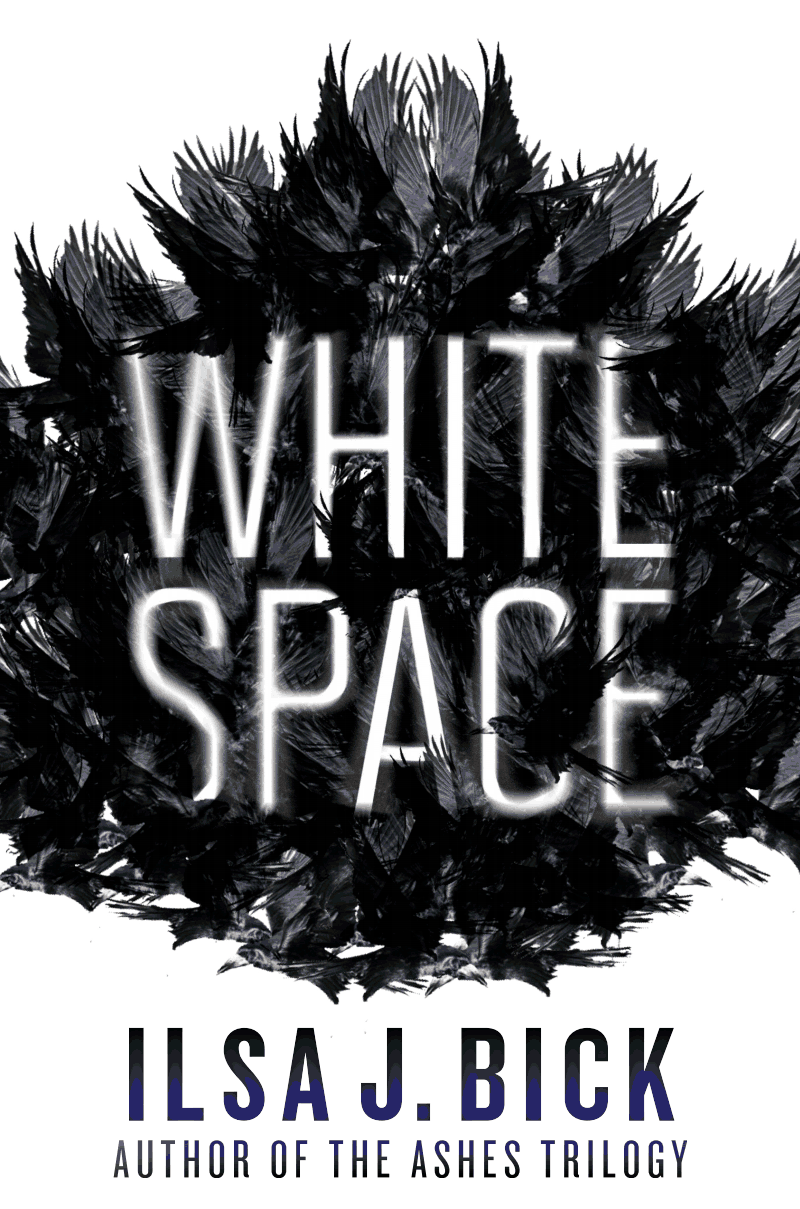
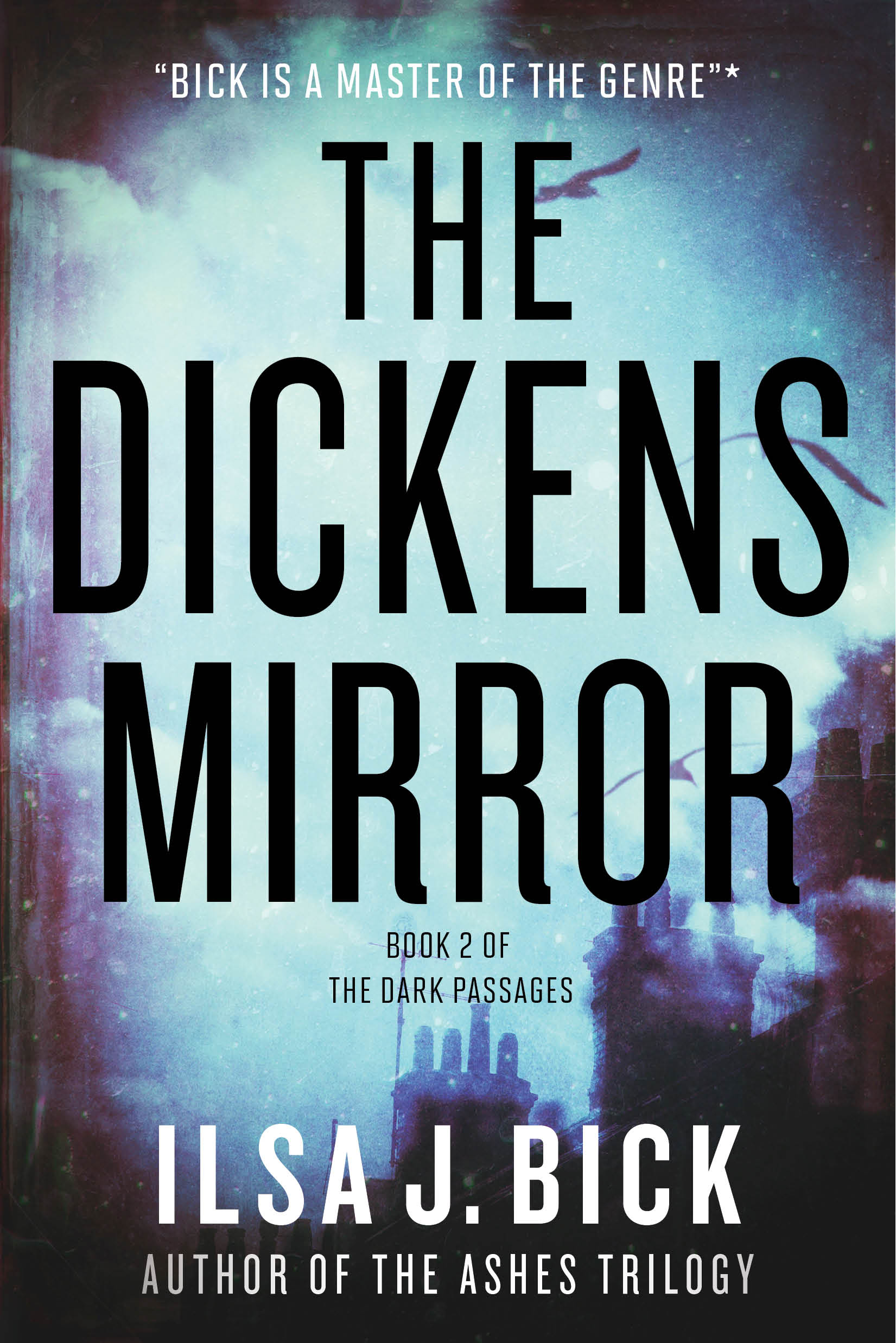
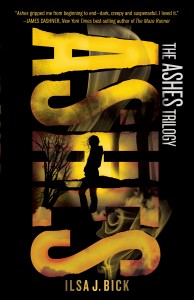
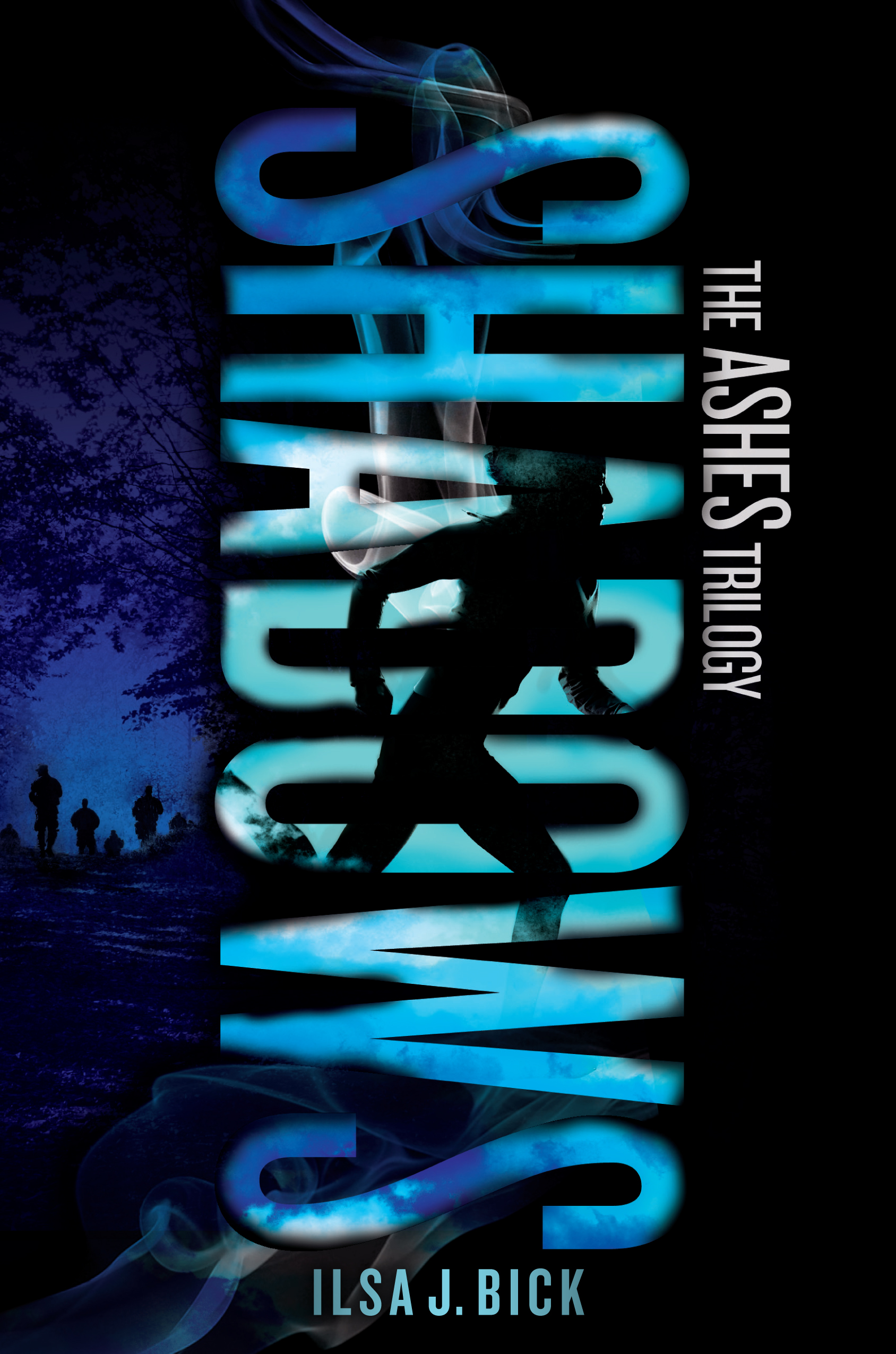
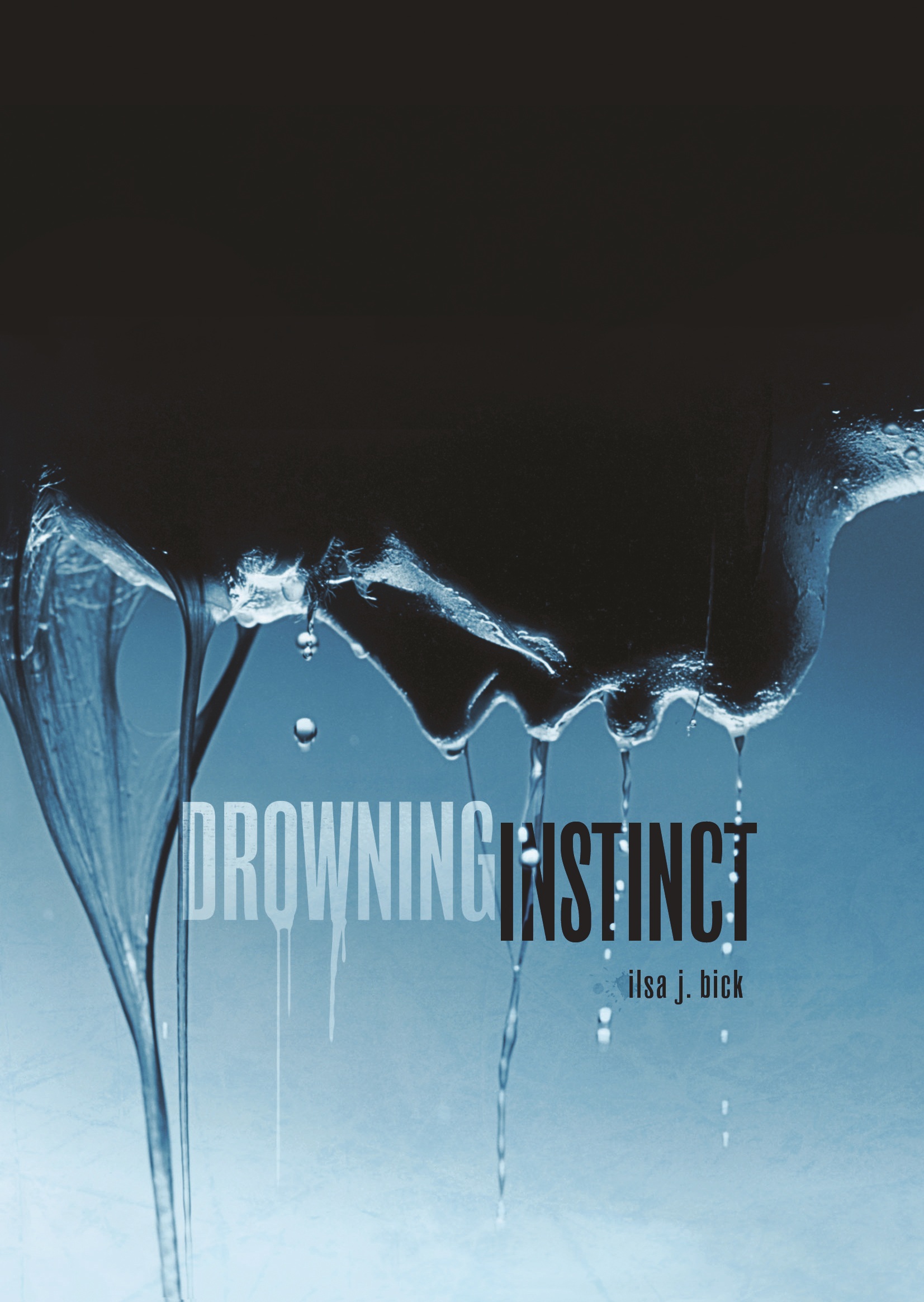
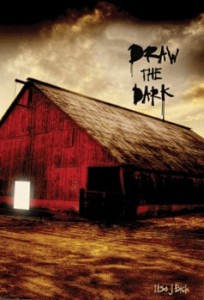
Gah, I really want a Kindle, if anything then to read out-of-print books. Unfortunately publishers are being stupid and digital books are just as expensive as hard-copies, which are, in the end, more pleasant to handle, more akin to ageing (and thus being fond to look at), will furnish a room and will not all disappear at once when the battery goes-out. They also smell very nice when they age. Thanks and good day!